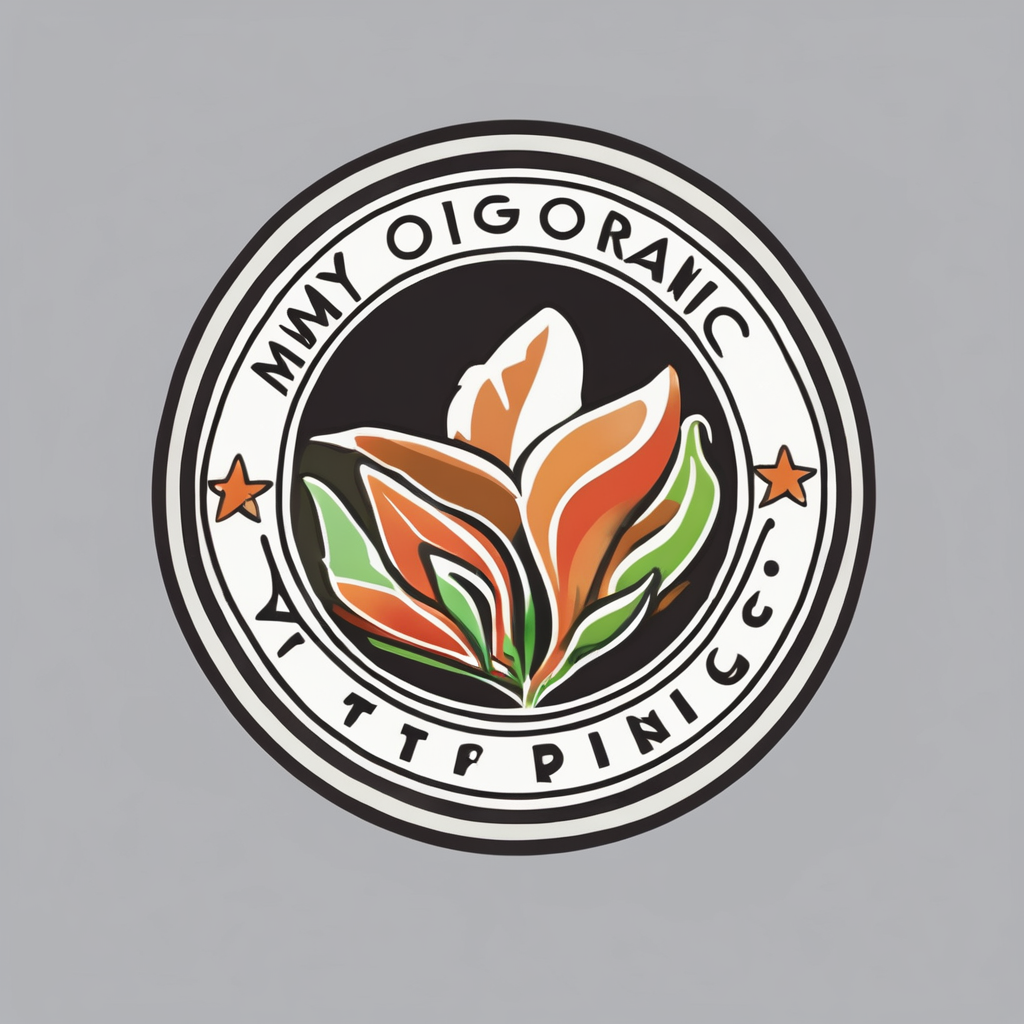The Role of Social Media in Shaping UK Women’s Fashion
Social media influence has become a powerful force in UK fashion trends, profoundly shaping how women discover and adopt new styles. Platforms like Instagram, TikTok, and Pinterest have revolutionized trend discovery, turning what was once seasonal and top-down into a constantly evolving, user-driven process. For UK women, these platforms offer instant access to fresh looks and diverse fashion ideas, often in real-time.
Instagram’s visual focus encourages women to share and explore women’s style through #OOTD posts, fostering an environment where trends spread virally across the UK. TikTok, with its dynamic video format, has recently amplified street style and quirky outfit combinations, making it a hotbed for viral fashion trends that rapidly influence UK wardrobes. Pinterest acts as a mood board hub, helping women curate and experiment with fashion ideas before committing.
Topic to read : How are UK women’s fashion choices impacting global trends?
Statistically, a significant majority of UK women interested in fashion actively engage with these platforms daily, highlighting the vital role social media influence holds. This ubiquity of platforms shaping fashion ensures trends aren’t just seen but interacted with, personalized, and transformed, reflecting the individuality of UK women’s style today.
The Role of Social Media in Shaping UK Women’s Fashion
Social media influence has revolutionized how UK women discover and adopt fashion trends. Platforms like Instagram, TikTok, and Pinterest have become primary sources for style inspiration, making trend discovery more immediate and interactive. For instance, TikTok’s short videos showcase real-time fashion transformations, helping UK women quickly grasp emerging styles and incorporate them into their wardrobes.
Topic to read : How are UK women embracing ethical brands in their fashion choices?
Instagram remains pivotal, with its visually rich environment allowing users to explore diverse women’s style aesthetics through features like Reels and Stories. Pinterest, meanwhile, serves as a mood board hub where UK fashion trends are curated and personalized, aiding in more deliberate style decisions.
Recent UK fashion trends—such as oversized blazers and chunky sneakers—have been widely amplified by these platforms, sometimes even originating there. Statistics reveal that over 70% of UK women following fashion accounts engage with content on these platforms weekly, highlighting their role in trend propagation. The social media influence extends beyond passive viewing; users actively participate by sharing outfits, reviewing brands, and shaping community perceptions of style.
This evolving dynamic confirms social media as a powerful force in defining contemporary UK women’s fashion, blending accessibility with real-time cultural dialogue.
Influencer and Brand Collaboration in UK Fashion
Social media marketing has transformed the UK fashion landscape by spotlighting fashion influencers UK as pivotal trendsetters. These influencers, ranging from widely followed ‘macro’ celebrities to niche ‘micro’ personalities, shape women’s style by curating looks that resonate with diverse audiences. Micro-influencers often capture intimate, relatable styles, making their impact profound among followers seeking authenticity, whereas macro influencers command broad reach and rapid trend dissemination.
Brand partnerships with these influencers extend beyond traditional advertising. Collaborations often involve exclusive collections, livestream events, or social campaigns that directly engage UK women, blending marketing with lived style experiences. This influencer-brand synergy drives real-time trend evolution, as followers adopt looks endorsed by trusted figures.
Statistics reveal that a large portion of UK women interested in fashion actively follow influencers for style inspiration, underscoring the importance of social media marketing. In essence, fashion influencers UK serve as vital connectors between brands and consumers, making women’s fashion more interactive and trend-forward than ever before.
Influencer and Brand Collaboration in UK Fashion
In the UK fashion landscape, fashion influencers UK have emerged as key authorities, thanks to their nuanced understanding of women’s fashion and strong digital presences. These influencers act as trendsetters, often shaping purchasing decisions through authentic content and social interaction. The efficacy of their influence lies in carefully curated social media marketing that resonates with the diverse tastes of UK audiences.
A marked trend is the growth of brand partnerships with both macro and micro influencers. Macro influencers command large followings and create broad-reaching campaigns, while micro influencers engage niche communities more intimately, often resulting in highly effective conversions to sales. This dual approach allows brands to tap into different segments, directly impacting the evolution of UK fashion trends.
Statistics indicate that collaborations frequently generate spikes in brand visibility and trend adoption, especially when tied to timely social events or emerging cultural moments. The seamless fusion of influencer endorsement with brand strategy highlights how dynamic and essential this relationship is in defining contemporary women’s fashion preferences across the UK.
Case Studies: Social Media-Driven Trends in the UK
Social media influence drives many viral fashion trends that shape UK women’s outfits daily. Take TikTok fashion: the platform’s short, dynamic videos have propelled styles like the cottagecore aesthetic and DIY upcycled clothes into mainstream UK wardrobes. These trends often begin with relatable creators showcasing accessible looks, which then snowball into nationwide adoption.
Instagram trends such as the popular #OOTD posts create rapid visibility for various women’s style ideas, helping users see how to style the latest UK fashion trends in real life. These posts often blend everyday comfort with statement pieces, inspiring immediate wardrobe updates.
Pinterest also plays a crucial role by enabling women to curate mood boards that forecast emerging styles. Brands use these boards to test concepts before launches, making Pinterest a strategic tool for trend-setting. In these ways, platforms shaping fashion not only promote trends but also invite UK women to personalize and innovate them. This cycle of inspiration and participation fuels the vibrant and ever-evolving landscape of women’s fashion in the UK today.
Case Studies: Social Media-Driven Trends in the UK
Recent viral fashion trends originating on TikTok have significantly influenced UK women’s outfits, showcasing how social media platforms shape fashion in real time. For example, the resurgence of tie-dye loungewear began as a TikTok challenge where users creatively styled casual pieces, quickly permeating UK wardrobes. This trend’s rapid adoption illustrates TikTok’s role as a hotbed for fresh style ideas.
Instagram’s #OOTD culture also plays a crucial role. Users share their daily looks using this hashtag, enabling quick diffusion of trends like pastel cardigans paired with vintage jeans. This visual sharing on Instagram transforms women’s style into a dynamic dialogue, encouraging experimentation among followers.
Pinterest’s curated mood boards are increasingly leveraged by brands to forecast and set UK fashion trends. By compiling user-generated content alongside seasonal inspirations, brands identify emerging patterns and translate them into ready-to-wear collections tailored for UK consumers.
Statistics show a growing percentage of UK women actively engage with these platforms weekly, highlighting their impact. Collectively, TikTok, Instagram, and Pinterest function as complementary tools driving trend discovery and adoption, reinforcing the centrality of social media influence in contemporary UK fashion.
The Role of Social Media in Shaping UK Women’s Fashion
Platforms shaping fashion such as Instagram, TikTok, and Pinterest have drastically redefined how UK women discover and engage with UK fashion trends. Instagram’s visually driven interface encourages users to share and explore diverse women’s style expressions through constant streams of photos, Reels, and Stories. This immediacy supports rapid trend dissemination and personal adaptation.
TikTok’s short, dynamic video format propels viral styles by showcasing authentic, relatable outfit ideas and styling hacks. The platform’s algorithm ensures fresh looks cycle quickly, influencing large swathes of UK women’s wardrobes with trends originating directly from users. For example, cottagecore and vintage-inspired aesthetics gained prominence mainly through TikTok, demonstrating social media influence in trend genesis.
Pinterest complements these by acting as a digital mood board where women curate fashion inspirations tailored to their style preferences. This facilitates more deliberate style exploration and helps forecast upcoming UK trends before brands fully adopt them.
Statistics reveal that over 70% of UK women interested in fashion engage weekly with content from these platforms. This high engagement rate underlines the power of social media influence in not merely showcasing but actively shaping modern women’s style across the UK today.
The Role of Social Media in Shaping UK Women’s Fashion
Social media influence—through Instagram, TikTok, and Pinterest—has revolutionized trend discovery for UK women by creating an instant, immersive experience. These platforms shaping fashion enable users to explore and personalize outfits in real time, turning trend adoption into an interactive journey rather than a passive observation.
Instagram’s emphasis on visuals, including Stories and Reels, allows UK women to follow diverse women’s style cues daily, from bold statement pieces to casual wear. TikTok’s short-form videos accelerate this by showcasing authentic styling tips and viral looks, often birthing new UK fashion trends from grassroots creators. For instance, the rise of vintage-inspired ensembles and oversized blazers can be directly traced to content generated on these platforms.
Pinterest acts as a strategic mood board, helping UK women experiment with ideas and forecast upcoming trends. Statistics support this impact: over 70% of fashion-interested UK women engage with these social media platforms weekly, reflecting their central role in shaping preferences. Thus, the immediacy and diversity of social media influence not only amplify existing UK fashion trends but also foster the creation of new, personalized styles across the country.








